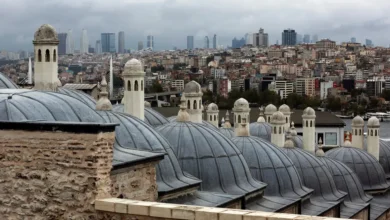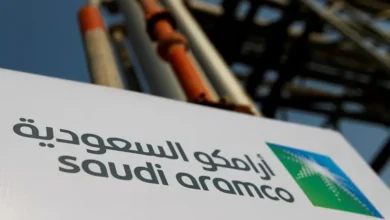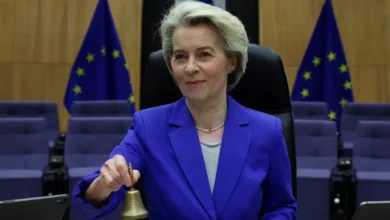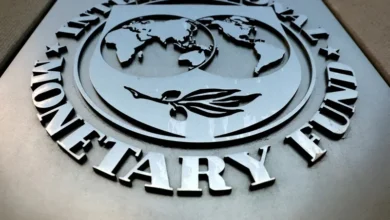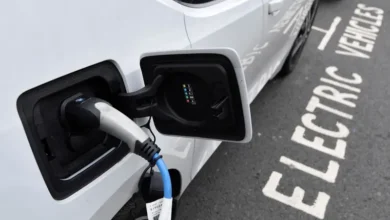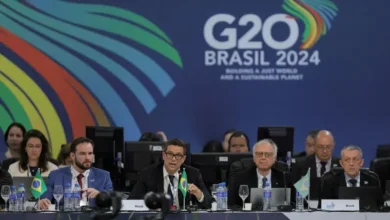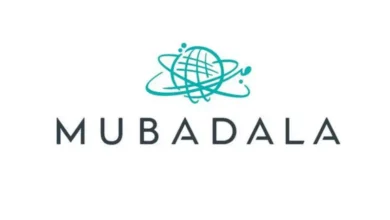Turkey and Morocco are emerging as demand sources for Russian diesel before EU ban

For clues on the future landscape of the diesel market when the European Union bans fuel imports from Russia, Turkey and Morocco are good places to start.
Turkey imported 213,000 barrels a day of Russian diesel in December, the highest since at least the start of 2016, according to data from Vortexa Ltd. compiled by Bloomberg. January’s flows are on course to be the second-highest ever. Moroccan receipts are also sharply up.
In just five days’ time, the 27-nation EU will all but halt fuel purchases from Russia, widening a ban that already began for crude on Dec. 5. That’s alarmed traders because Russia still sends lion’s share of its diesel to Europe while the continent still takes the biggest chunk of its external supply from Russia.
But the heightened flows to Turkey and Morocco offer an insight into one way in which the diesel market will work around the ban.
For its part, Turkey is now exporting more diesel toward Europe while Morocco appears to have cut purchases from Spain — both developments that will help to keep the EU supplied.
There is nothing illegal about either trade and there won’t be after the EU’s imports ban. However, the bloc will join with G7 nations in capping the price of fuels for anyone wanting to use European tankers or industry standard insurance to deliver cargoes to other markets.
To be clear, the current flows to Morocco and Turkey don’t do enough to replace the huge lost demand that Russia will need to replace when Europe stops importing.
The EU will still get more than a quarter of its diesel imports — around 612,000 barrels a day — from Russia even this month, while the bloc will still be roughly 41 percent of the Russian export market in January.
But they do offer two examples of some of the trades that will happen to help keep Russian fuel in the market — a key goal for EU officials and the US Treasury alike.
